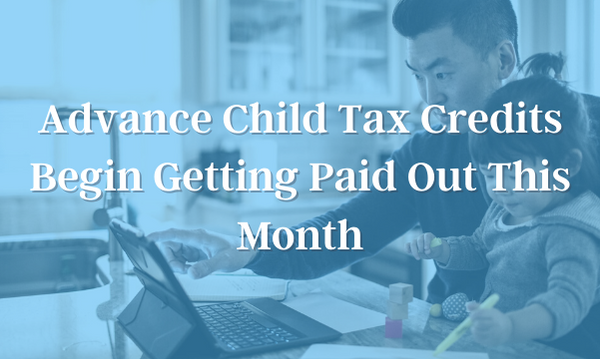On July 15, the United States will begin distributing monthly checks of up to $300 per child, an expanded child tax credit program that was approved earlier this year.
There are no strings attached to these payments—parents will not have to pay back this money later on. It is simply an expanded version of a child tax credit that already exists.
Here’s an overview of what you should know.
Background
The child tax credit has existed in various forms since 1997. Before this expanded version of the program was introduced, all parents would receive a $2,000 tax credit per child. That’s a tax credit, not a deduction—it doesn’t reduce your taxable income by $2,000, but rather removes $2,000 from your liability per child (or adds $2,000 per child to your tax refund).
Under the new legislation as part of the Biden administration’s stimulus plan, that credit is now increased to $3,000 per child ages 6 through 17, and $3,600 per child under 6.
The policy covers the vast majority of working families in the United States, most notably poor families, who had previously been excluded from the child tax credit based on a theory that such an exclusion would encourage them to work.
Experts believe this measure could reduce child poverty in the United States by 40 percent, if everyone eligible gets their checks.
What you need to do
If you are a parent and eligible to receive the child tax credit money, there are a couple ways to get the money.
If you already filed a 2019 or 2020 tax return, you will automatically receive direct deposits or checks in the mail. If you have a child who was born after you filed, you can use a website set up by the IRS to make sure you get the money you’re owed.
You will receive monthly payments through the end of the year. The rest of the value of this year’s tax credit will be sent out with tax returns in the new year.
These payments are a part of this year’s stimulus bill, so they are not permanent. But Democrats in Congress have discussed making these changes permanent, and it is likely that six months’ worth of payments would make this a popular policy among American citizens.
If the changes do remain, it would likely be remembered as one of the most important and significant financial changes made to the tax code in quite some time, as well as a crucial anti-poverty tool.
For more information about getting your child tax credit payments and what to expect out of them, contact us at MCG Solutions.

